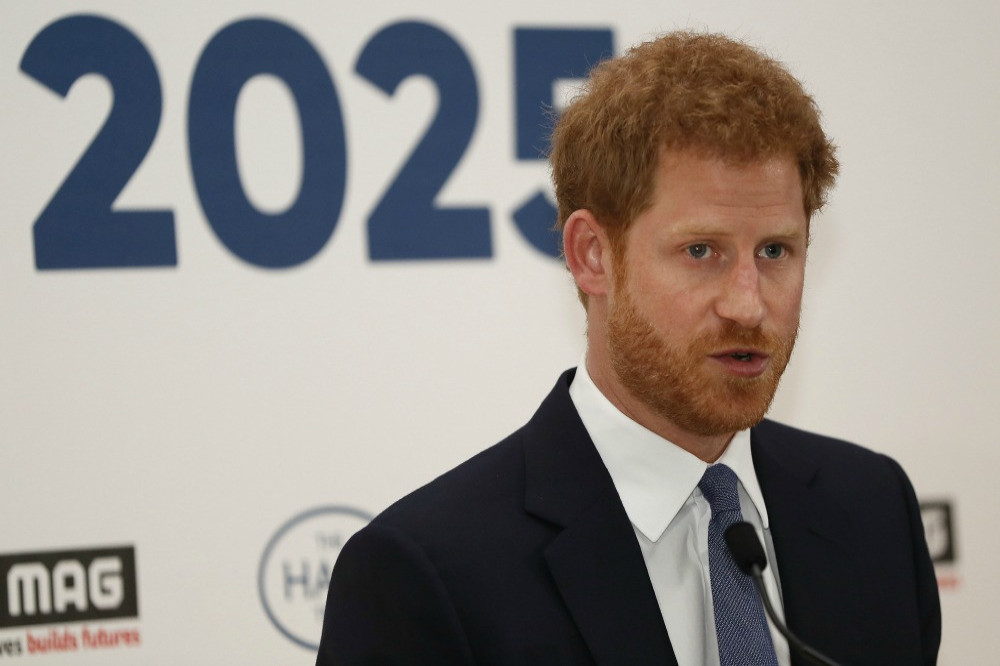Prince Harry has vowed to continue his late mother Diana, Princess of Wales’ “unfinished” work to help end the HIV crisis.

Prince Harry speaks out on the importance of testing for HIV
The Duke of Sussex was joined by his friend, former rugby captain Gareth Thomas, 47, for a discussion to raise awareness this National HIV Testing Week.
The 37-year-old royal urged that getting tested for the viral infection that causes AIDS will play a vital role in the UK's goal to end HIV cases by 2030.
He said: “Every single one of us has a duty, or at least an opportunity, to get tested ourselves or to make it easier for everybody else to get tested. And then it just becomes a regular thing like anything else.
“This testing week, especially in the UK, or wherever you are in the world, go and get a test. Let people know that you know your status. Do it!”
Harry insisted he could never "fill" his mother's shoes, but he feels "obligated" to do his best to help "fix things".
He added: “Once you get to meet people and you see the suffering around the world, I certainly can’t turn my back on that.
“Then add in the fact that my mum’s work was unfinished, I feel obligated to try and continue that as much as possible.
“I could never fill her shoes, especially in this particular space, but because of what she did and what she stood for and how vocal she was about this issue … it’s a converging of all these different pieces.
“There’s a way out of it, and if there’s a way out of it and we know there’s a solution, I’m like a typical guy. I just want to help fix things.”
Diana worked for years working to change perceptions of HIV/AIDS through her activism.
The late princess' close friend, Sir Elton John - who founded the Elton John AIDS Foundation in the 1990s - recently hailed Diana for her efforts.
The 74-year-old music legend said: "She did not distinguish between 'us' and 'them.'"
Diana - who tragically died in a car crash in Paris, France aged 36 in 1997 - began her work with AIDS patients in the 1980s, and would make physical contact with those with the disease in order to de-stigmatise the condition.
She once said: "HIV does not make people dangerous to know. You can shake their hands and give them a hug. Heaven knows they need it. What's more, you can share their homes, their workplaces, and their playgrounds and toys."
Tagged in Princess Diana Prince Harry Sir Elton John

